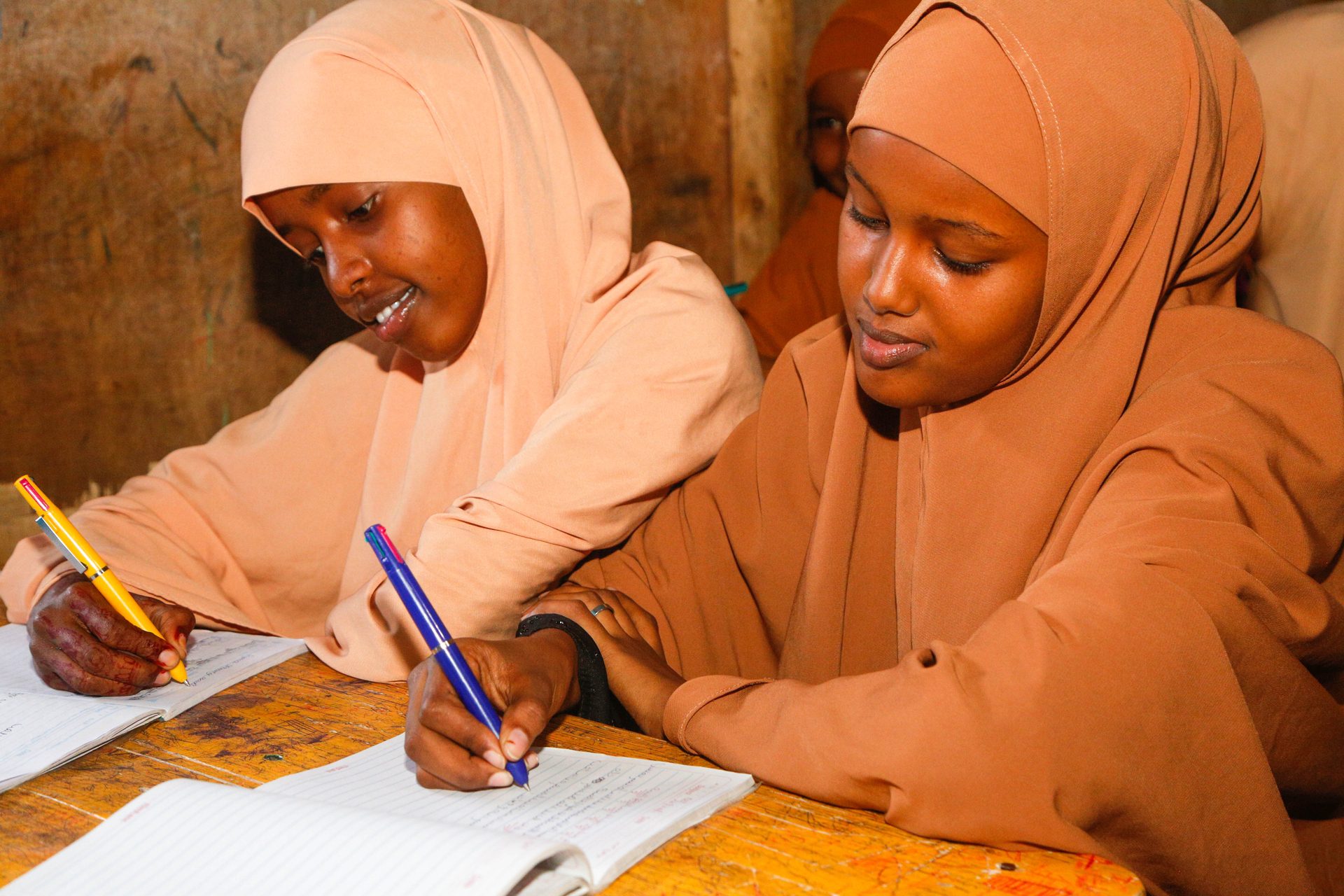In Nigeria, there is a bias from parents and the government toward comprehensive sexuality education (CSE), especially in schools. According to the World Health Organization, CSE gives young people accurate, age-appropriate information about sexuality and their sexual and reproductive health.
The bias of parents and the government toward CSE is often because it is misconceived to increase sexual activities and behaviors among adolescents. Contrary to the misconception, CSE has reduced sexual activities and behaviors among adolescents. CSE also results in increased knowledge about human sexuality. Aside from the fact that CSE promotes public health, it is part of adolescents’ fundamental human right to health, life, education, and non-discrimination.
To protect adolescents’ fundamental human right to sexuality education in Nigeria, the Ministry of Education must incorporate CSE into the school curriculum. The Ministry of Health and Education must train sexuality educators with the right knowledge and skills to impart CSE. Schools must also have access to resource materials and accompanying support services to provide any necessary student support and guidance.
According to the National Population Commission, there is a prevalence of teenage pregnancy in Nigeria, with about 23 percent of under-19-year-old girls starting early childbearing. About 200,000 of these girls have unplanned births, resulting in a high rate of school drop-out. Additionally, Nigeria has the highest record of HIV among adolescents in West and Central Africa, with a 3.5 percent figure.
The high record of pregnancy and HIV among adolescents in Nigeria is largely because of their limited knowledge of sexuality education.
To curb these adverse effects, the government must incorporate CSE into the school curriculum to educate and empower adolescents to make informed health and sexual choices. Thus, Non-Governmental Organizations focusing on teenage health should influence policymaking by partnering with lawmakers to sponsor bills at the national assemblies to incorporate CSE into the school curriculum. The curriculum should be developed with clarity to accommodate each age range. As was done in the United States, the curriculum should be developed by the Nigerian Medical Association (NMA) in collaboration with public health officials.
In implementing CSE, the teaching should strictly be carried out by qualified and certified sexuality educators who possess certain qualities and skills. The qualities and skills should include offering support, fostering a secure learning environment, serving as positive role models, and refraining from stigmatizing or discriminating while teaching about sexuality. The Professional Learning Standards for Sex Education (PLSSE) can be adopted as a guide to equip sexuality educators with the right qualities and skills in Nigeria. PLSSE is a set of regulations created by Sex Education Collaboration to help classroom educators and school administrators facilitate discussion about sexuality education in the classroom. The NMA should facilitate the training in partnership with the federal ministries of health and education. Sexuality educators should be trained to be non-judgmental and use inclusive teaching approaches to accommodate adolescents from different regions of the country.
To further aid the teaching of sexuality education in schools, public health-focused NGOs and individuals interested in CSE should donate resource materials on the subject to schools. The materials will help adolescents to learn more about their sexuality. The resource materials can also include film content specifically produced to promote good sexuality education. Research has shown that beyond the classroom teaching of sexuality education, adolescents learn about sexuality easily through entertainment media. By seeing the consequences of the sexual choices of characters their age, adolescents tend to make the right choices. To this end, the government should collaborate with sexuality educators and filmmakers to produce film content that helps improve adolescent sexuality education.
In addition to providing resource materials in schools, support services should be established for students to help answer questions that adolescents may have about sexuality education. School guidance counselors should have the qualities and skills of sexuality educators and be those with whom adolescents can feel comfortable and safe discussing their sexuality.
Adolescents have the right to know about their sexuality. Just as it is the duty of parents and the government to protect adolescents’ right to life, parents and the government should also ensure that adolescents’ right to sexuality education is not denied. Comprehensive sexuality education must be incorporated into the school curriculum, and sexuality educators must be properly trained to impart sexuality education to adolescents. Resource materials should be provided to schools and support services must be provided for students to make further inquiries about their sexuality.
Immanuel Táiyéwò Fáwọlé is a writing fellow at African Liberty.
Photo by Amisom via Iwaria.

